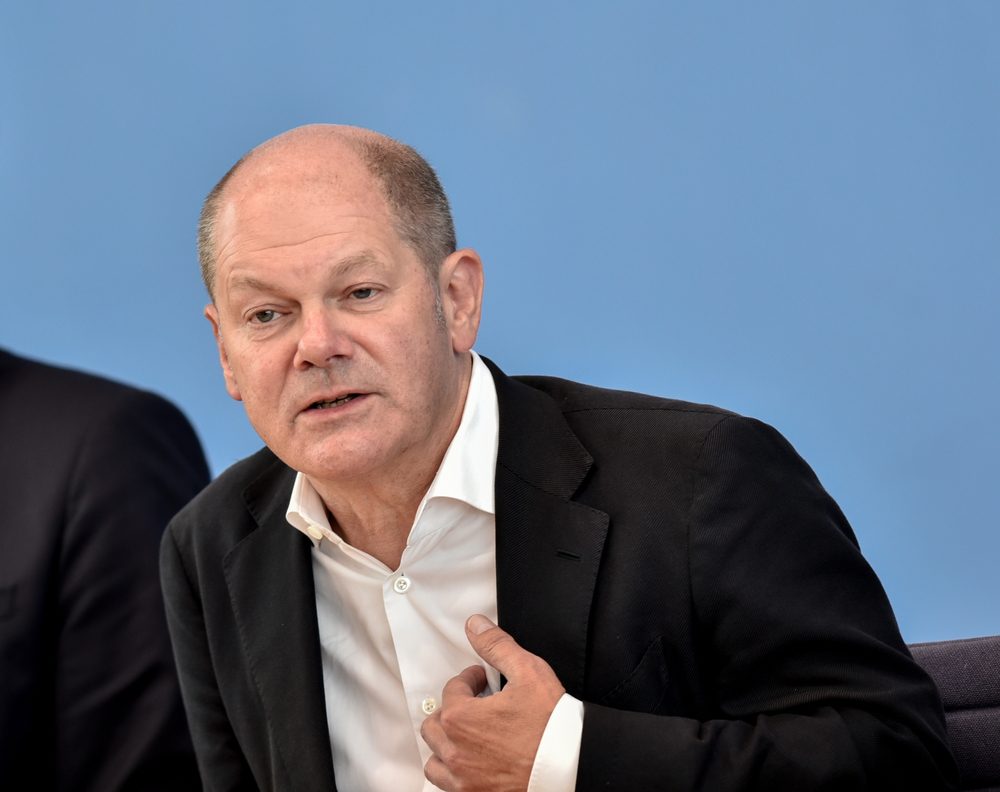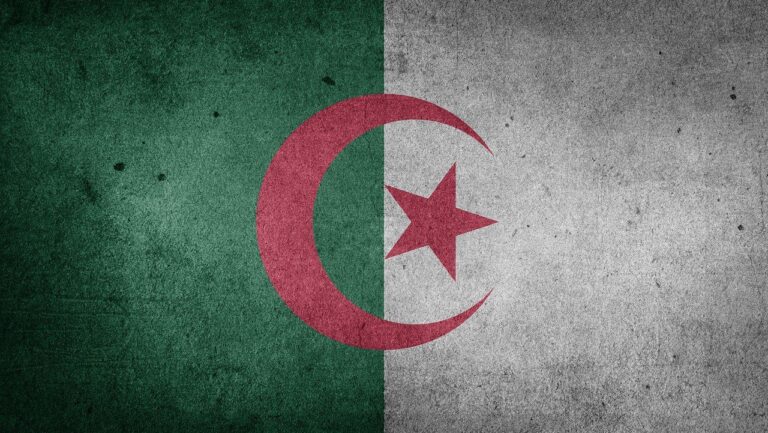The Franco-German couple, historically considered the driving force of the European Union, has rarely been in such bad shape. After an initial cancellation in July, Berlin and Paris have just cancelled a bilateral meeting scheduled for the last week of October. The two countries are trying hard to maintain dialogue.
Since his arrival in office, German Chancellor Olaf Scholz has maintained a distant relationship with President Emmanuel Macron. The effectiveness of the famous ‘couple’ depends a lot on personal affinities, and we are far from the great hours of collaboration between De Gaulle and Adenauer, or between François Mitterrand and Helmut Kohl. The coupling’s most recent iteration, Macron and Merkel, used to exchange text messages every day. Now Macron and Scholz can hardly find a moment to see each other.
The cancellation of the Franco-German Council of Ministers scheduled for Fontainebleau on October 26th is only the culmination of a long series of disagreements on key subjects such as energy and defence.
In the field of defence, the German Chancellor has made a number of statements in recent weeks that are unacceptable to his French counterpart. In defiance of European solidarity, the Germans have planned multiple purchases of American military equipment, in particular, €40 billion for the acquisition of F-35 aircraft. The announcement by Olaf Scholz on October 13th of the launch of an anti-missile shield project bringing together fourteen NATO countries under the aegis of Germany, triggered fury in Paris, as France has always been reticent about this type of project, which it believes undermines the concept of deterrence.
On energy issues, the two countries, weakened by the Ukrainian conflict, are unable to find common ground, each trying to defend its own interests. For a long time, Berlin was able to rely almost exclusively on Russian gas. Today, Germany wants to avoid the gas price cap, reform the European electricity market, and decouple the price of electricity from gas, while continuing its charge against nuclear power. The announcement of a support plan for the German economy to the tune of €200 billion to wean itself off Russian gas was very badly received by France: with this support plan, Germany is giving itself a comparative advantage for its industry, which makes Paris cringe.
In the longer term, there are two opposing political and strategic visions for Europe. According to the essayist Nicolas Baverez, a journalist at Le Figaro, France has long put forward the ‘Franco-German couple’ to mask its own weakness, just as the United Kingdom is tempted to overplay the ‘special relationship’ with the United States to regain lost power. But Germany’s interests are today less and less compatible with those of France, which finds itself marginalised, as shown by the vision developed by Olaf Scholz in Prague, at the end of August, of a Union enlarged to thirty or thirty-six countries and governed by qualified majority voting: a means for Germany to reinforce its leadership from Berlin by relying on Central and Northern Europe, to the detriment of France and Southern Europe. France was not mentioned once during his speech in the capital of the Czech Republic.
Despite the cancellation of the Fontainebleau meeting on October 26th, the two leaders nevertheless met for lunch at the Élysée on the same day. The stated objective—to respond to the problems of the moment in a “united and supportive” manner, in the words of the French presidency—is a challenge. Nevertheless, on the Berlin side, the official communication seeks to put the tensions into perspective: “France is our closest ally. In recent days, there has been a lot of speculation, but I think that a lot of things have been invented,” said one of the German government’s spokesmen.





